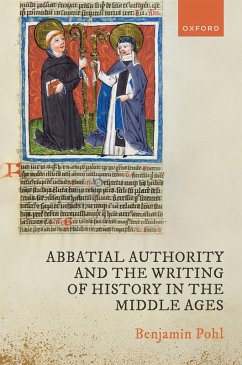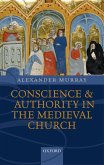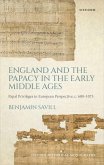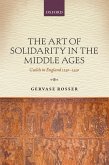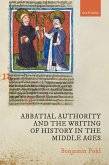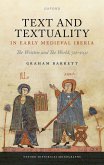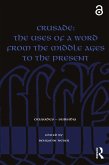This book argues that abbatial authority was fundamental to monastic historical writing in the period c.500-1500. Writing history was a collaborative enterprise integral to the life and identity of medieval monastic communities, but it was not an activity for which time and resources were set aside routinely. Each act of historiographical production constituted an extraordinary event, one for which singular provision had to be made, workers and materials assigned, time carved out from the monastic routine, and licence granted. This allocation of human and material resources was the responsibility and prerogative of the monastic superior. Drawing on a wide and diverse range of primary evidence gathered from across the medieval Latin West, this book is the first to investigate systematically how and why abbots and abbesses exercised their official authority and resources to lay the foundations on which their communities' historiographical traditions were built by themselves and others. It showcases them as prolific authors, patrons, commissioners, project managers, and facilitators of historical narratives who not only regularly put pen to parchment personally, but also, and perhaps more importantly, enabled others inside and outside their communities by granting them the resources and licence to write. Revealing the intrinsic relationship between abbatial authority and the writing of history in the Middle Ages with unprecedented clarity, Benjamin Pohl urges us to revisit and revise our understanding of monastic historiography, its processes, and its protagonists in ways that require some radical rethinking of the medieval historian's craft in communal and institutional contexts.
Dieser Download kann aus rechtlichen Gründen nur mit Rechnungsadresse in A, B, BG, CY, CZ, D, DK, EW, E, FIN, F, GR, HR, H, IRL, I, LT, L, LR, M, NL, PL, P, R, S, SLO, SK ausgeliefert werden.

